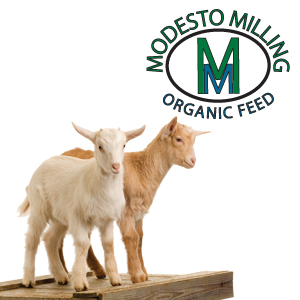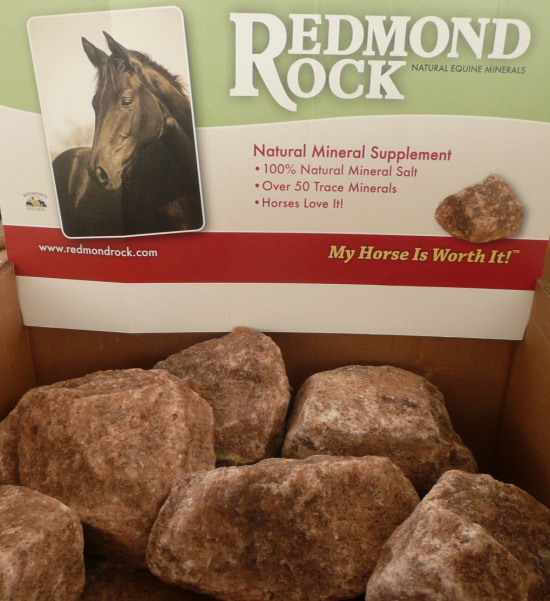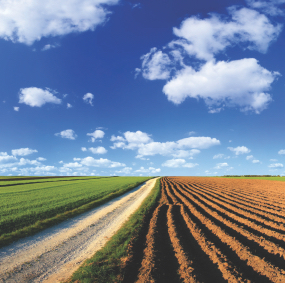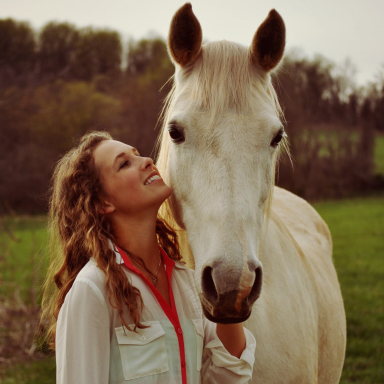October 23, 2015 – Modesto, CA
Many customers have been asking for whole grain feeds for their chickens. We listened. Modesto Milling now offers a layer mix that combines wheat, peas, red milo, barley, oats, and black oil sunflower seeds with pellets made of alfalfa, flax seed and supplements. This latest feed formulation meets the goals of flock owners trying to maintain a “close to nature” feeding regimen while providing a visually enticing feed that chickens enjoy.
Whole grain feeds are gaining popularity amongst poultry owners, with many people choosing to try to mix their own feeds. The process can be trickier than you would think, though. No individual grain will satisfy the whole flock’s dietary needs, which is one reason Modesto Milling uses six whole grains when other feed producers use three. Some loose ingredients, like powders and mashes, are also difficult for chickens to eat. This is why the pelletization of these ingredients is critical to visual appeal and reduction in feed waste and mess.
Organic, non-GMO ingredients are a high priority for Modesto Milling. But getting the mix of flavors, nutrition, protein (18%), vitamins, minerals and visual appeal for the birds is also important. After all, if the chickens won’t eat it, or end up with unbalanced diets, what is the point?
Modesto Milling uses some of the best whole grains nature has to offer, but we also introduce items that aren’t available at the local farmer’s market. Ingredients like black oil sunflower seeds naturally increase the anti-oxidant levels of the whole grain mix. Untraditional ingredients like diatomaceous earth and kelp meal complement the whole grains to remove internal parasites, pathogens and toxins from the fowls’ digestive tracts. And breeders that are concerned about corn or soy have nothing to fear from this whole grain formulation, because it is corn and soy-free.
We will continue to watch trends and provide options that fit our clients’ needs, but we also love to know what our clients are thinking about before these trends emerge. Are you looking for something that is pre-trendy? Talk to us. We listen.









